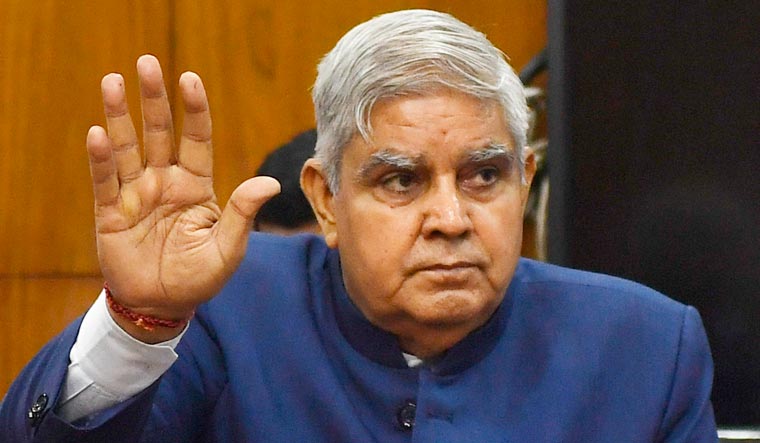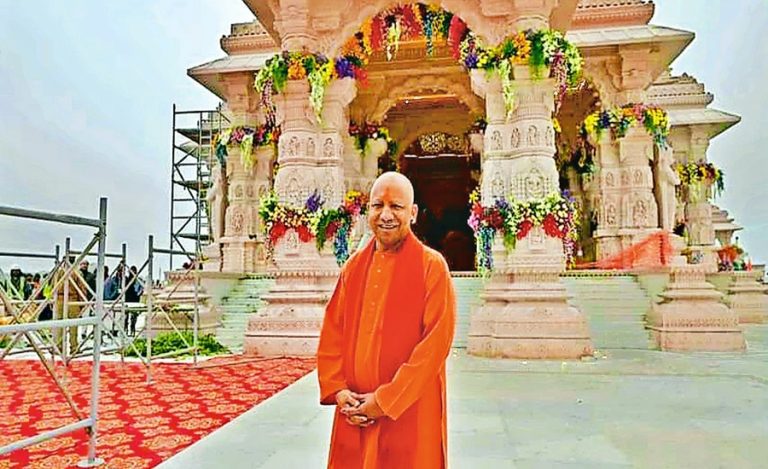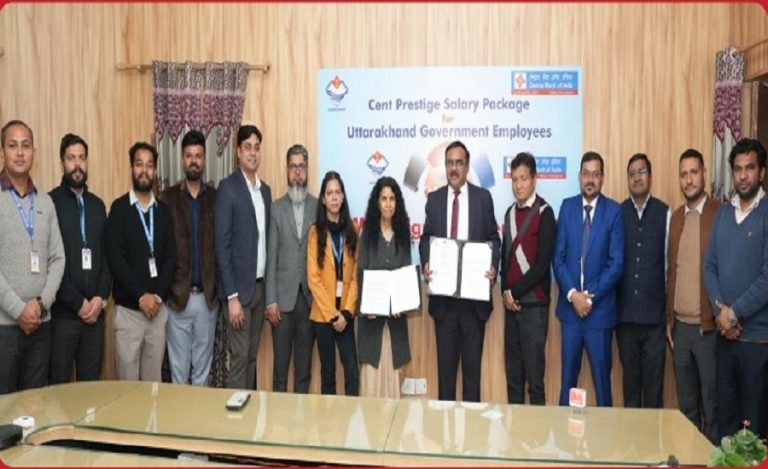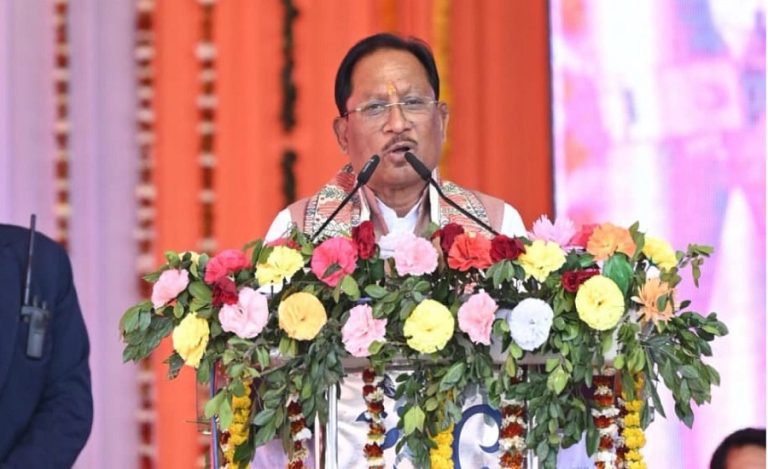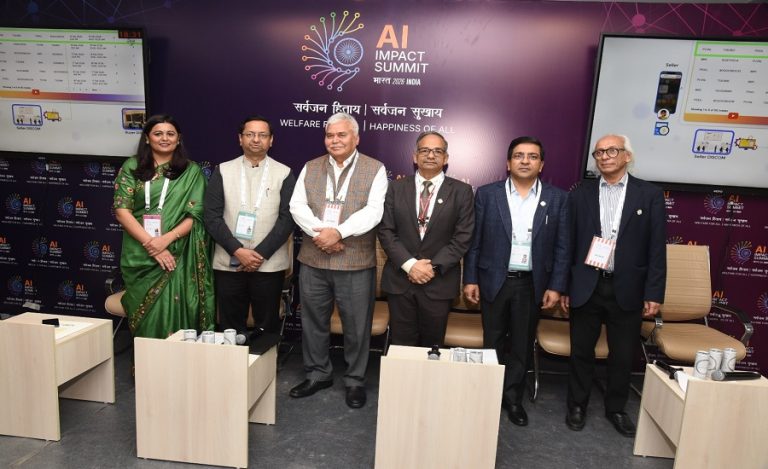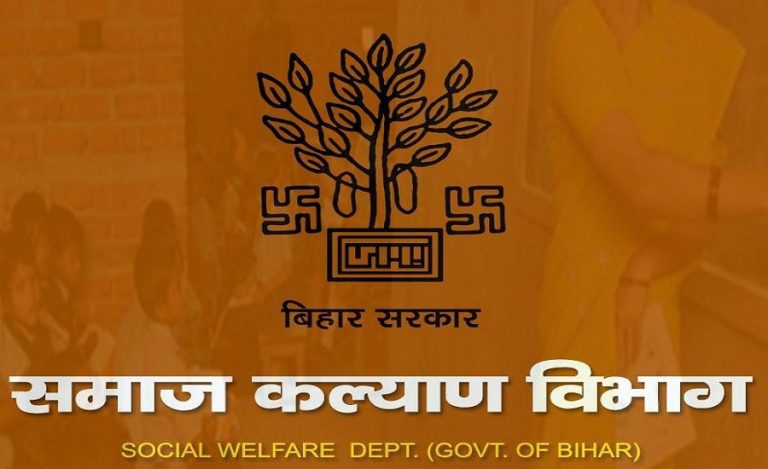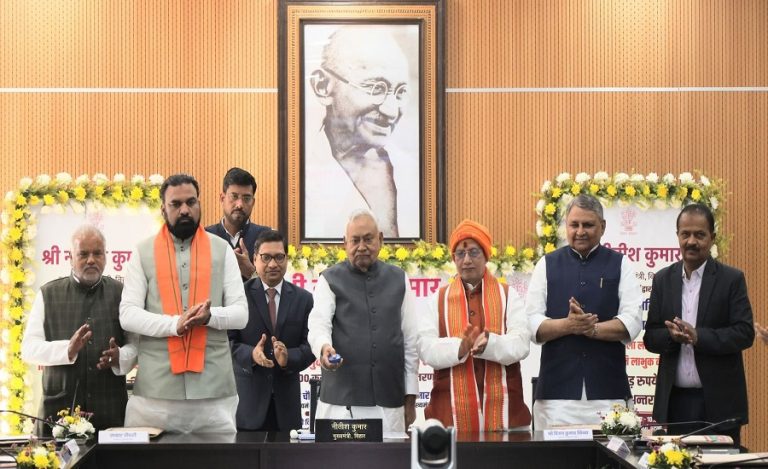New Delhi/Koch: Vice President of India Jagdeep Dhankhar has publicly raised concerns over the existing legal framework under which the Chief Justice of India (CJI) plays a role in the appointment of the Central Bureau of Investigation (CBI) Director. Speaking to law students in Kochi, Dhankhar also made a pointed reference to the recovery of large amounts of cash from a judge’s official residence, questioning the lack of a criminal investigation so far.
“Why Should CJI Appoint CBI Director?” – VP Dhankhar
In a rare and direct commentary on the separation of powers, Vice President Dhankhar questioned the inclusion of the Chief Justice of India in the high-powered committee that appoints the Director of CBI.
“I am completely surprised that the Chief Justice of India also participates in the appointment of an executive officer like the CBI Director. Why should the appointment of the executive be done by anyone other than the executive? Is this happening anywhere else in the world?” he asked.
Under the Delhi Special Police Establishment (DSPE) Act, the CBI Director is appointed by a committee comprising the Prime Minister, Leader of Opposition, and the CJI (or a judge nominated by the CJI).
Dhankhar suggested that this arrangement may infringe upon the constitutional boundaries separating the executive, legislature, and judiciary, cautioning against the erosion of these institutional limits.
“Judiciary Faced Its Ides of March” – Dhankhar on Cash Recovery
Referring to a dramatic incident in March this year where a large stash of cash was allegedly recovered from a judge’s residence in New Delhi, the Vice President strongly criticized the inaction that followed.
“The judiciary faced its own Ides of March on the night of March 14–15,” Dhankhar said, referencing Shakespeare’s Julius Caesar, symbolizing impending crisis.
He stated that the discovery of cash should have immediately triggered a criminal investigation, including the lodging of a First Information Report (FIR), forensic tracking of the money trail, and prosecution under applicable penal provisions.
“Why No FIR Yet?” – Demands Transparency, Accountability
Highlighting that no FIR has been filed so far, the Vice President expressed frustration over what he described as administrative inaction:
“If there is such a huge amount of money, we have to find out: Is it tainted money? What is the source of this money? How did it reach the official residence of a judge?”
He added that several penal provisions appear to have been violated, and that an FIR must be lodged without delay.
Central Govt’s Hands Tied by SC Verdict: VP
Mr Dhankhar also noted that the Supreme Court judgment from the 1990s curtails the executive’s ability to act in such cases involving sitting judges, placing further complexity on initiating criminal proceedings without prior judicial approval.
Institutional Balance Under Scrutiny
The Vice President’s remarks open a critical debate on institutional accountability, separation of powers, and checks and balances in a constitutional democracy. His comments are likely to stir further discussion on the independence of institutions and the overlap of powers in appointments and investigations.

